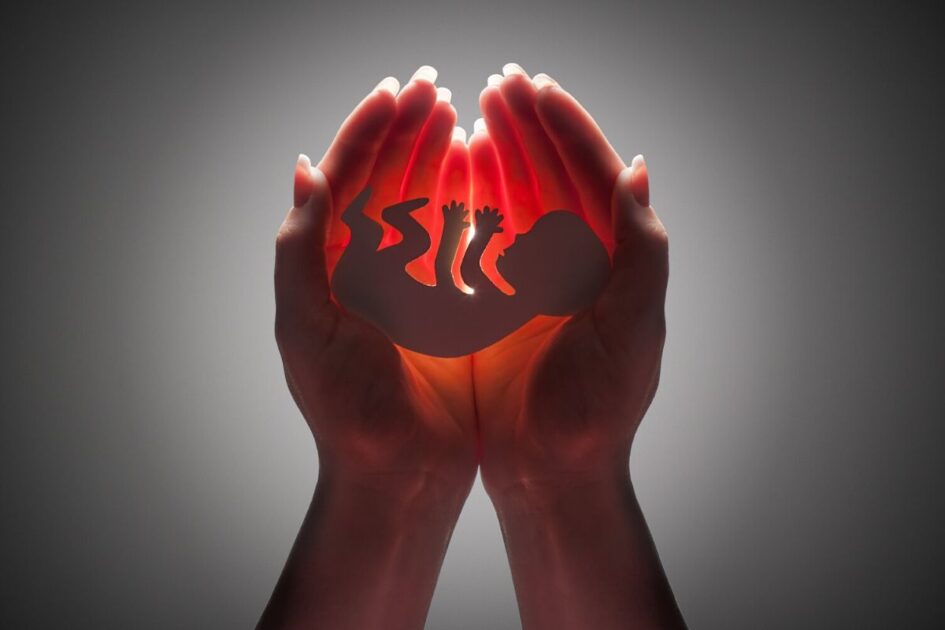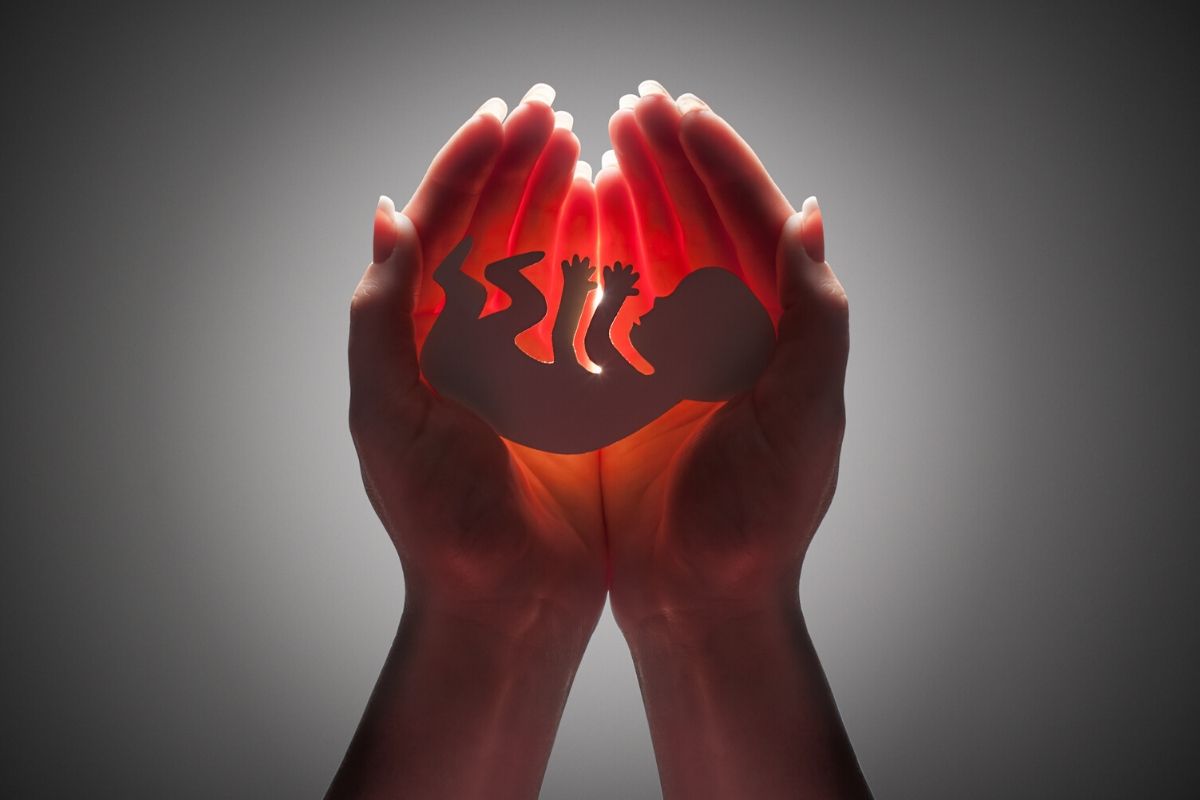We can call it Repeated Abortion when a woman has her pregnancy interrupted 3 consecutive times or more. Another criterion is that this abortion must occur before the 22nd week, which is when the risk is greatest. The chances of this type of miscarriage also increase with age. Therefore, there are several causes of Repeated Abortion.
As causes of Repeated Abortion can be linked to both men and women. Therefore, it is important that both of you undergo a medical evaluation to discover the root of the problem.
Do you want to better understand why this type of problem happens? So, check out a list of the main causes below!
See too:
What are the main reasons for Repeated Abortion?

Anatomical modifications
There are some changes, more precisely, anomalies that cause problems in the formation of the anatomy of the female uterus. Some examples are fibroids, polyps, uterine synechiae (endometrial abnormalities) and so on. To find out if the woman has any such problem, it is necessary to carry out imaging tests such as a pelvic ultrasound.
See too:
Hormonal changes
Problems in the production of hormones by the body are the main causes of recurrent miscarriage. The body can produce it in excess or in such a way that it may lack a certain essential substance during pregnancy.
For example, prolactin is an essential hormone for the formation and maturation of the endometrium. The endometrium is the tissue in which the embryo attaches to develop. If this tissue is not healthy, miscarriage occurs. Check out other hormonal and metabolic problems that can cause recurrent miscarriage:
- Polycystic Ovary Syndrome;
- Diabetes;
- Obesity;
- Thyroid dysfunction;
- Progesterone deficiency.
See too:
Genetic changes
Between aces causes of Repeated Abortion We can mention genetic changes. In this case, the embryos can develop with genetic problems, changes in chromosome pairs, which leads to spontaneous abortion. This usually occurs before the 10th week of pregnancy and the later the woman becomes pregnant, the greater the chances of these changes occurring.
Many professionals carry out a chromosomal analysis to find out whether or not there is any type of incompatibility between the father and mother, or even if one carries a gene that can cause diseases.
See too:
Immunological causes
The embryo is something new to the mother’s body, considered a foreign body, as it is genetically different. Thus, there are two alternatives: either the mother’s body accepts the fetus and becomes compatible or it rejects it. In this case, immune system cells begin to attack the embryo as if it were a virus or bacteria and miscarriage occurs.
To find out if this is the case, there is a test called Cross-match which aims to identify the presence of antibodies against paternal lymphocytes in the mother’s blood. As the embryo carries the father’s genetic material, it is necessary to know whether or not it is compatible with the mother’s antibodies.
It is very important to undergo medical treatment and follow-up, as abortion can be a very traumatic experience, and can even lead to depression. Therefore, the best thing to do is look for a specialist in human reproduction to identify the causes of Repeated Abortion and treat as soon as possible.

Sign up for our newsletter and stay up to date with exclusive news
that can transform your routine!
Warning: Undefined array key "title" in /home/storelat/public_html/wp-content/plugins/link-whisper-premium/templates/frontend/related-posts.php on line 12
Warning: Undefined array key "title_tag" in /home/storelat/public_html/wp-content/plugins/link-whisper-premium/templates/frontend/related-posts.php on line 13




